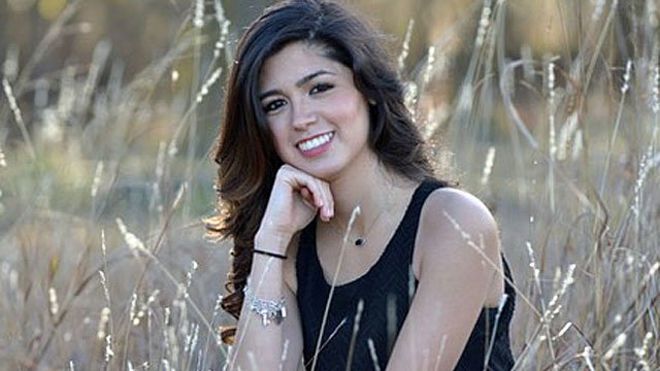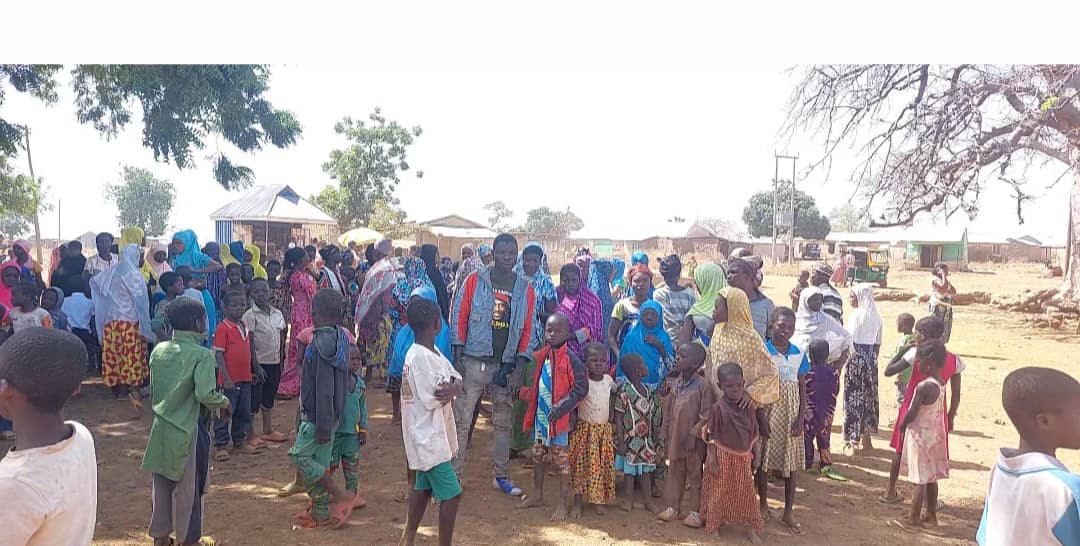
Sitting in a lecture hall at the University of California, Los Angeles, Maria Marquez found her mind was wandering.
The history undergraduate was wondering what would happen if she or a member of her family were to be deported from the United States.
I remember sitting in class and making a list of people I would contact, she says.
I made a list of the lawyers I would go to and the paperwork I would need.
Ms Marquez, 25, is an undocumented student. Her family moved from Guadalajara, Mexico to California without papers when she was just three years old and have lived there ever since.
Hundreds of thousands of students are in a similar position. They have succeeded at school, and started university, with dreams of professional careers in fields such as medicine and law.
But since the election of President Trump, and his tough talking on illegal immigration, they feel increasingly vulnerable.
The subject of undocumented students' status has electrified US college campuses since the election.
As students ramp up campaigns for immigrants' rights, university leaders are appointing full-time immigration lawyers and counsellors to support them, running know your rights classes and even lobbying the government on their behalf.
Ms Marquez is in a legal grey area. She is one of about 750,000 young people recognised under the Deferred Action for Childhood Arrivals (DACA) programme, an Obama-era measure that offers two-year protection from deportation, as well as work permits, to some undocumented immigrants who moved to the US as children.
President Trump's campaign website said he would immediately terminate the DACA programme. He has so far left it in place, but many students worry that its days might be numbered.
And many students without DACA are more worried than before about deportation, because the administration has toughened guidance on enforcement to expand the list of prioritised removable aliens.
However, a spokeswoman for the Department of Homeland Security said that the Immigrations and Customs Enforcement agency was focusing on convicted criminals who pose a threat to public safety as well as recent border crosses.
Amid this uncertainty, universities are offering extra support for undocumented students.
Harvard University in January appointed an in-house immigration lawyer, Jason Corral, to handle their concerns.
Since the election we've stepped up our efforts because our students feel vulnerable, says Loc Truong, the university's director of diversity and inclusion. He says that Mr Corral has been kept very busy.
The university has attempted to reassure students by saying it will not share their information with Immigrations and Customs Enforcement without a court order.
Others, including New York University and Columbia University, have given similar reassurances.
But the Department of Homeland Security spokeswoman said that Immigrations and Customs Enforcement has not and does not conduct enforcement on campuses unless there is a serious and extraordinary circumstance such as a threat to national security.
Meanwhile 560 college and university presidents signed a letter in March that urged President Trump to lift the cloud of fear over undocumented students.
Ignacia Rodriguez, an immigration policy advocate at the National Immigration Law Centre, says the number of requests from colleges for its know your rights training sessions for undocumented students has significantly increased.
But universities' support for undocumented students attracts criticism.
I think that frankly universities should not be going to efforts to support people who are here breaking the law [by living in the US without papers], says Sterling Beard, editor-in-chief of the conservative site Campus Reform.
He said he had sympathy for young people brought to the US illegally as children, but that those who were in the country lawfully should be a priority.
You have American students who are graduating tens of thousands of dollars in debt, or foreign students who come to the United States legally, but they don't get the same kind of attention, he said.
As the political battles rage, students are trying to carry on with their education - but this can be difficult.
Larissa Martinez, 19, is in her first year at Yale University. She is an undocumented student who is not eligible for DACA status, because her family moved to the US in 2010, and the programme requires applicants to have lived in the US since 2007.
There's an everyday struggle of wondering whether the worries of school are as important as they are to all of my peers, she says. I care about school, and I understand its importance, but sometimes it's hard to reconcile that with real life problems.
Like, sometimes I wonder, what if every day I try my hardest and three and a half years into this [degree] I get deported? Then all of the struggle of working hard to be here meant nothing if it can be taken away so easily.
Ms Marquez, who is due to finish her studies in June, is rethinking her plans in the wake of the election. She had hoped to go to graduate school in a northern area of California, such as San Francisco or Berkeley - but has decided to study somewhere further south where she will be closer to her parents because she is worried that they might be deported.
Since Trump took office I've thought, I can't leave southern California, she says. I'm focusing on schools where I can easily go to my parents if they need me or if I need them.
Marisa Herrera, executive director for community building and inclusion at the University of Washington in Seattle, says such concerns show how quickly undocumented students' experience has changed.
A year ago, these kids thought anything was possible, regardless of their immigration status, whether that was studying abroad or being a doctor or a lawyer, she says.
They really were unstoppable. Those possibilities are not out of the question for them now, but things have significantly changed, she says. Now, it's complicated.
Credit: The BBC
Sitting in a lecture hall at the University of California, Los Angeles, Maria Marquez found her mind was wandering.
The history undergraduate was wondering what would happen if she or a member of her family were to be deported from the United States.
Read Full Story














Facebook
Twitter
Pinterest
Instagram
Google+
YouTube
LinkedIn
RSS